Kenya’s censorship chief claims Western charities pay kids £22,000 each to become gay
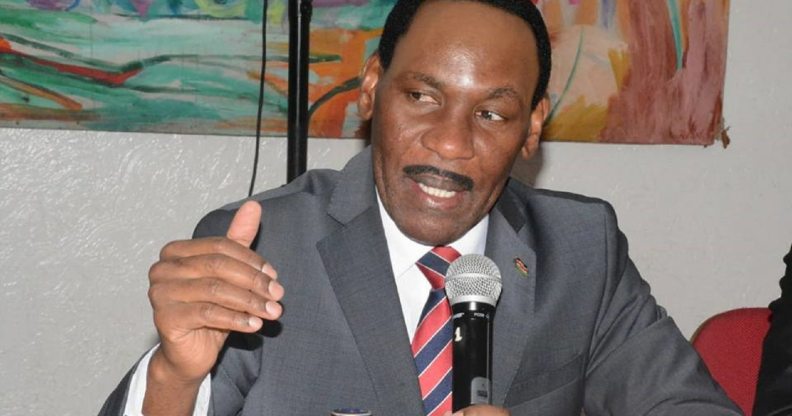
The head of Kenya’s censorship bureau has claimed that charities are paying young people £22,000 per head to become homosexuals.
The surreal claim comes from Dr Ezekiel Mutua of the Kenya Film Classification Board, who has become one of the country’s most prominent and hardline critics of LGBT rights.
Mutua, who provoked anger last month by banning the release of lesbian film Rafiki, claimed to The Nairobian that Western-led NGOs (Non-governmental organizations) are bribing Kenya’s young people to become gay.
He told the outlet: “We have asked the NGO Coordination Board to investigate the activities of some of the foreign NGOs in the country. If they do not stop, I will lead in picketing and demonstrations to make our message heard.
“There are foreign NGOs in Kisumu and Kakamega which move to the villages to manipulate our poor innocent youth with ‘big money’ of up to Sh3 million (£22,000) for them to engage in this wicked act.”
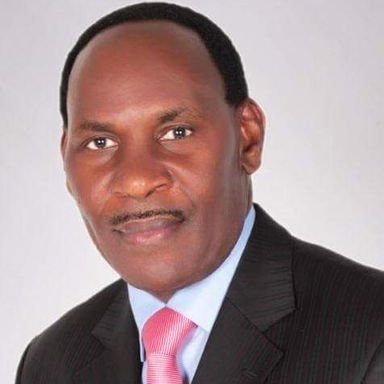
He added: “These mzungus (white people) who are bringing and sponsoring this practice in Kenya should know that we are entrenched in our African morals and principles that portray sexual decency. Our fore parents did not practice homosexuality.”
Mutua added that he would rather lose his job than tone down his anti-LGBT rhetoric, which has caused much embarrassment for Kenya internationally.
He said: “I am willing and ready to lose my job of heading the moral board in a country where homosexuality is the order of the day. It will destroy even the future generations, which should not be the case.”
Mutua also repeated claims that gay men “end up in diapers because they have been ‘destroyed’ by their fellow men”, adding: “It is high time we stopped this Westernised and good-for-nothing practice.”
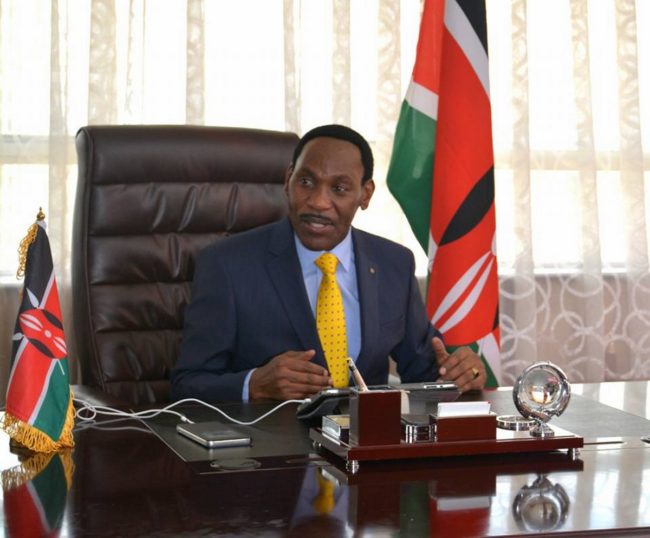
Ezekiel Mutua (Facebook/ezekiel mutua)
The self-described ‘moral policeman’ earned international ridicule last month when he denied a release to Kenyan film Rafiki ahead of its debut at Cannes Film Festival.
Rafiki director Wanuri Kahiu alleged that the KFCB had initially signed off on the film’s script, and only decided to ban the film after she rejected abrupt demands to give the film a sad ending.
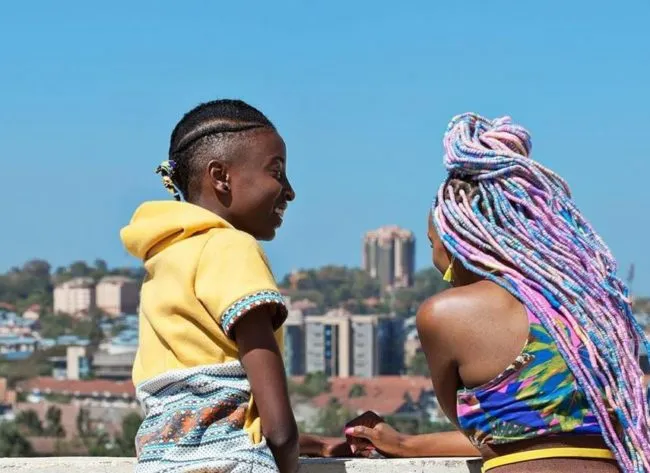
She said: “They asked me to change the ending of the film because they didn’t feel the ending was ‘remorseful’ enough.
“They did not ask me to change any scenes of intimacy… if they had asked us to reduce the intimacy because of classification, that would have been one thing, and we would have gladly done that.
“However, the change that they were asking for was for the ending to be changed to make it less hopeful.
“I refused to make it a sad ending, and I refused to make the characters remorseful and I do not believe in depicting images of Africans as sad and despairing or desperate.
“That is not my style, and that is not my ethos.”
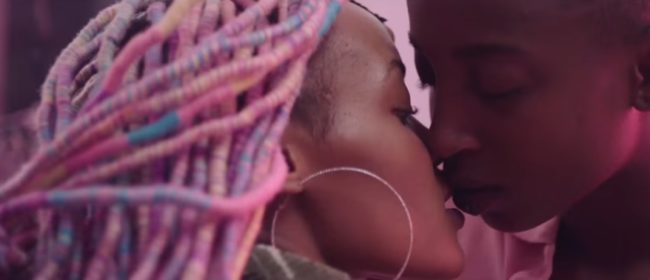
Mutua made no secret of his animosity towards the project on social media, retweeting hundreds of messages attacking the “sinful” film and rallying against homosexuality.
The KFCB wrote: “Rafiki should not be distributed, exhibited within the Republic of Kenya. Anyone found in possession will be in breach of the law.”
Mutua also previously banned a remix of Macklemore gay rights anthem Same Love.
The ban had the reverse effect and ended up promoting LGBT rights within the country.
Mutua said: “Kenya must not allow its people to become the Sodom and Gomorrah of the current age through psychological drive from such content.”

